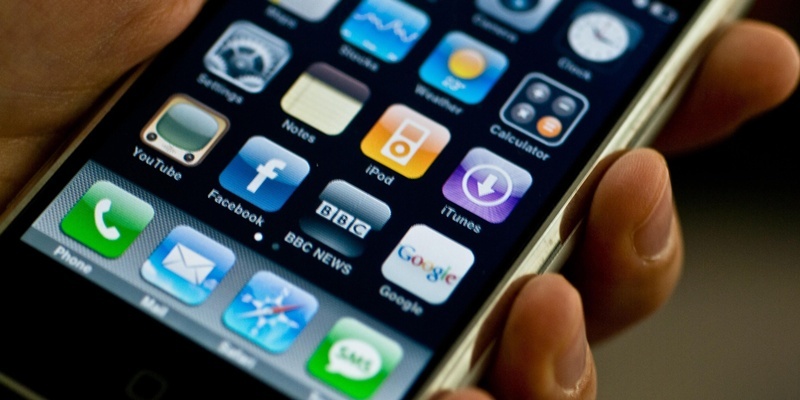“Dad. Can I play on your iPhone?” It’s a request many of us have become familiar with as our phones have evolved to become mini games machines so tempting to little fingers.
But one Dundee father has found that there can be much more at stake than just the temporary loss of your favourite gadget.
Kevin Anderson is warning other iPhone users to keep their devices updated and watch out for hidden charges in free games after facing a bill for nearly £350.
Kevin allowed his seven-year-old son Matthew to download two games for his iPhone called Restaurant Story and Bakery Story. They offer players the chance to buy ”gems” that speed up progress through the games. However, these gems actually cost real money and are charged to the user’s iTunes account.
Users can turn off the option of making in-game purchases, but it’s a complex process (see below) and the default setting for the game is to allow them. Complaints about unexpected in-App purchases led Apple to introduce extra password controls in its iOS 4.3 update (link) but, of course, not everyone gets round to updating.
Within two days of playing the game and accepting offers to buy the gems Matthew had inadvertently racked up a £342 bill.
”By chance, I decided to check my emails and saw there were a couple of receipts from iTunes,” said Kevin. ”The first one I opened was £69.99 but then I found even more and the final bill came to £342.88.”
The payments had gone to Team Lava, the Californian software company that created the two games.Full refund”My son downloaded the games because they were free but it tries to sell you gems in the game, which are costly,” Kevin continued. ”There were nine different downloads in just two and a half days so, if I hadn’t spotted it then, over the long term it could have been even more expensive.”
Fortunately for Kevin, iTunes has accepted the purchases were unintentional and has given him a full refund. However, he is warning others to be careful.
”I was angry with myself but at the same time I was totally unaware that you could make in-game purchases,” he added. ”I read some reviews of the games online and a lot of people have had the same problem.
“The fact that iTunes responded so quickly suggests that they have had a lot of these issues. They handled it really well but if I hadn’t checked my phone then the bill could have run into thousands of pounds.
”Happily, everything has been resolved but I think people should be made aware of the dangers of some of these games. The terms and conditions probably explain everything but who really reads them?”How to block in-App purchasesIf Kevin’s experience has you worried, here is how you can prevent in-App purchases on your iOS devices.
1 Enter ‘Settings’.2 Tap ‘General’.3 Tap ‘Restrictions’.4 If necessary, tap ‘Enable Restrictions’ and enter a passcode. This code will prevent restrictions from being disabled without your permission.5 Scroll down to the ‘Allowed Content’ section. Switch the ‘In-App Purchases’ option to OFF. Enter your Restrictions passcode if prompted.
Photo PA
